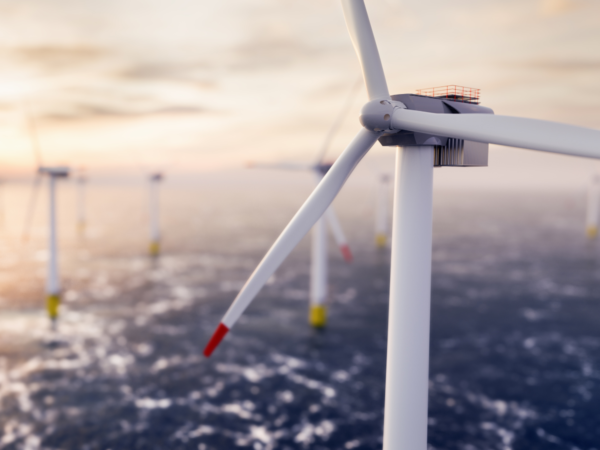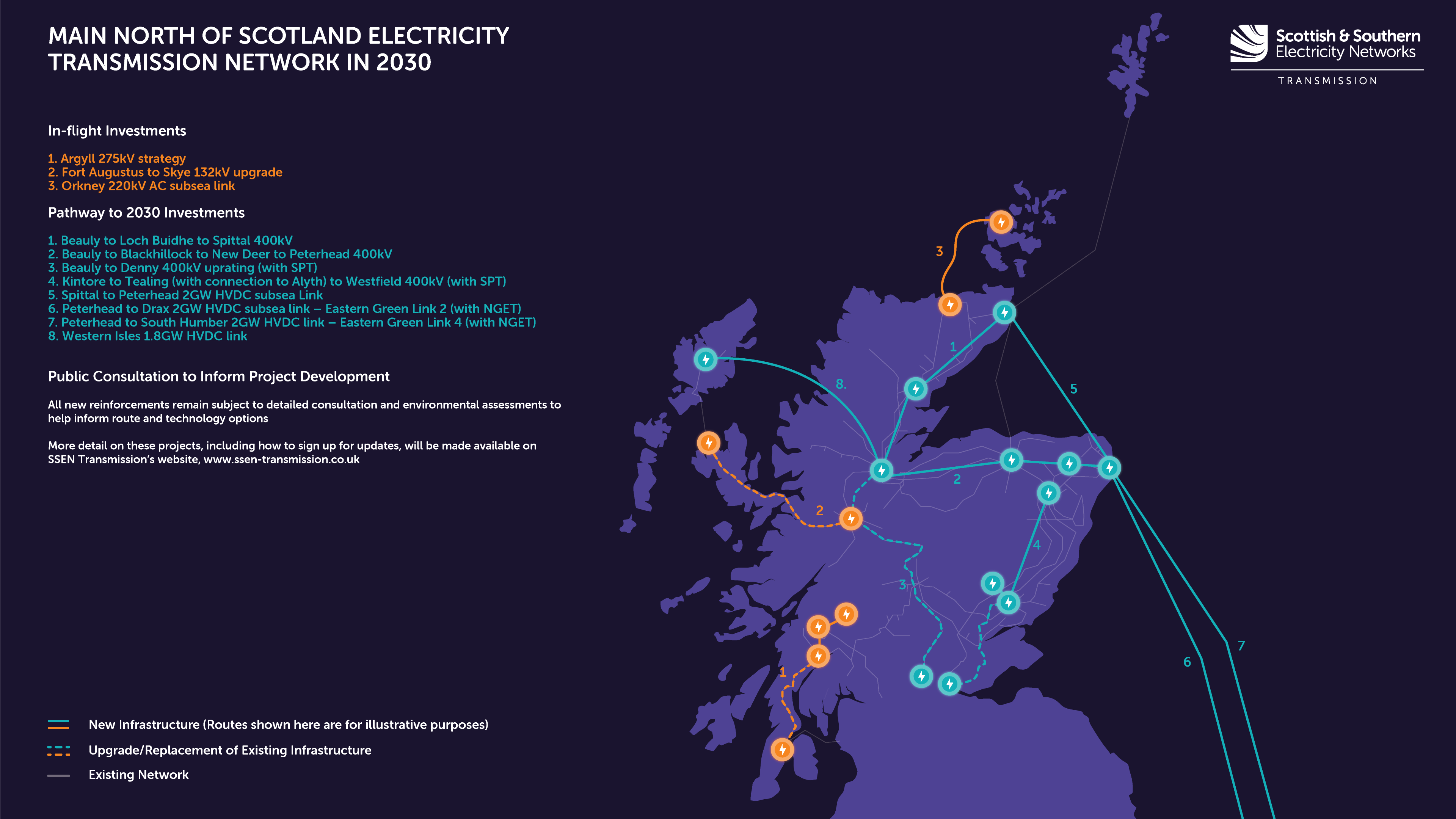Christmas has come early for many after Ofgem announced its decision to implement a new ‘Accelerated Strategic Transmission Investment’ regulatory framework.
16 December 2022
Christmas has come early for many after Ofgem announced its decision to implement a new ‘Accelerated Strategic Transmission Investment’ regulatory framework.
16 December 2022

Regen welcomes the decision from the regulator, Ofgem, to approve transmission investment required to meet net zero and deliver the government’s 2030 offshore wind ambitions. The ‘Accelerated Strategic Transmission Investment’ regulatory framework aims to streamline the process by reducing the number of assessment stages and allowing earlier access to project funding. Specifics about the regulatory licence changes needed to enact the framework decision are expected to be consulted on shortly.
The government has an extremely ambitious offshore wind target (50 GW by 2030) which will require an unprecedented rate of development. To date, grid constraints across all networks have been a barrier to this deployment, as Regen highlighted in its letter to BEIS Secretary of State Grant Schapps. Yesterday’s decision confirms that all transmission projects identified as required to meet the UK’s offshore wind targets will be taken forward by National Grid Electricity Transmission, Scottish Power Energy Networks and Scottish & Southern Electricity Networks. To see significant investment to accelerate these projects is a much needed vote of confidence in the renewables sector.
After a consultation earlier in the year, the regulator shortlisted 26 projects of strategic importance that will be subject to the new framework, totaling around £20bn of onshore transmission network investment with the potential for further investment in the future. This includes important subsea transmission links between Scotland and England, as well as between the Western Isles and the Scottish mainland, which will be key in delivering the ScotWind projects.
 For many, this is the culmination of years of hard work, and the announcement serves as a landmark moment in the transition to net zero. With this announcement coming alongside the government’s commitment of funding support to enable the development of coordinated options for offshore transmission, we are beginning to see the first signs of a step change in the way large transmission projects are delivered.
For many, this is the culmination of years of hard work, and the announcement serves as a landmark moment in the transition to net zero. With this announcement coming alongside the government’s commitment of funding support to enable the development of coordinated options for offshore transmission, we are beginning to see the first signs of a step change in the way large transmission projects are delivered.
There is still some way to go, however, with Ofgem noting in their announcement that “the changes to the regulatory framework detailed will not be sufficient to ensure the connection of the offshore generation to the electricity network by 2030 without adjustments to both the current planning regime and the TOs delivery models”. They also highlight the need for a multi-party approach between governments, the TOs and Ofgem to tackle this. Regen’s letter to the Secretary of State echoes this, urging him to require a CEO-led plan from the system operator and transmission and distribution networks to implement immediate measures to address constraints.